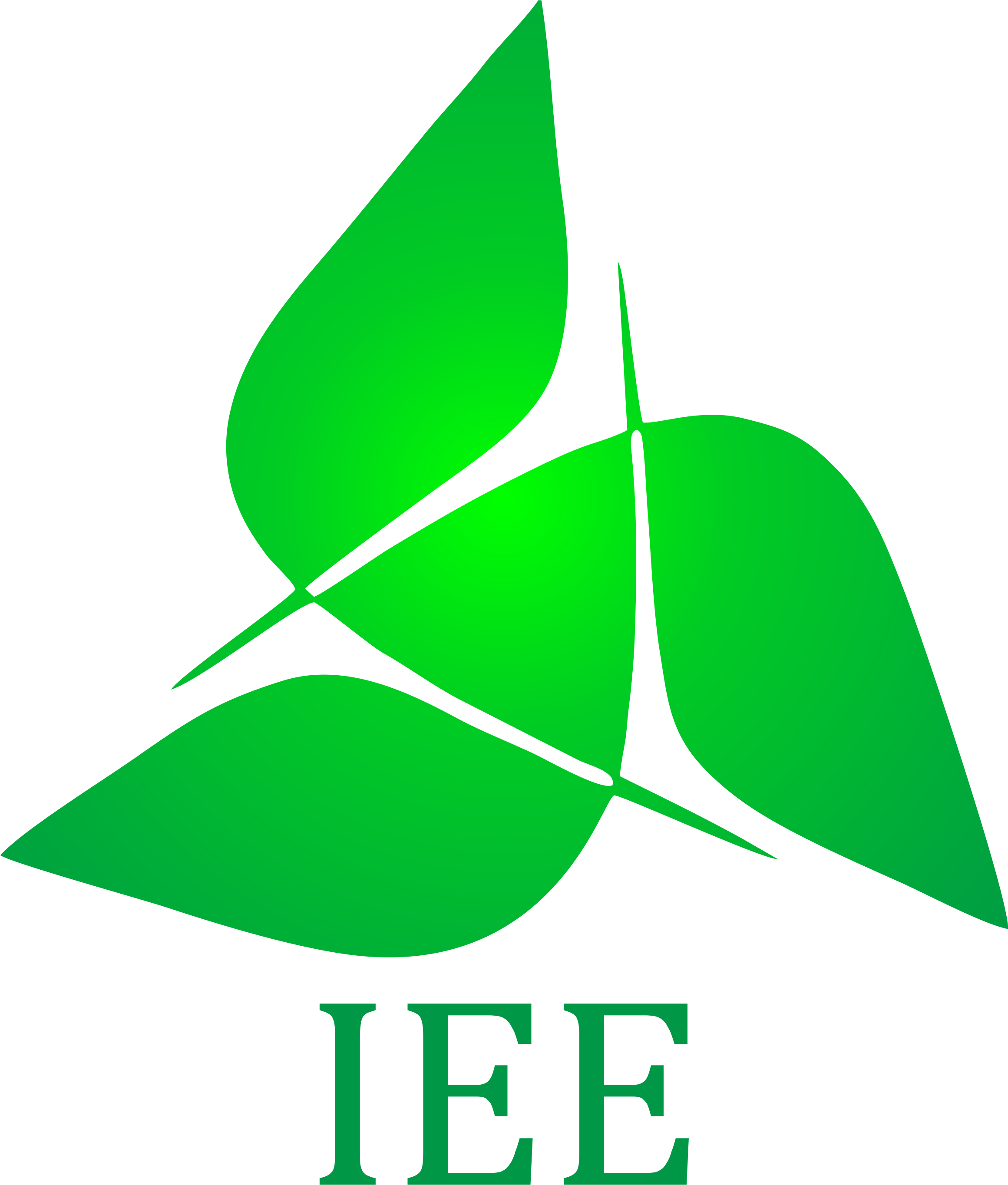
The aim of the project is the creation of a platform of experts, infrastructure and knowledge in sustainable semiconductor production, innovation and training in the Baltic Sea and neighbouring states.
The semiconductor industry plays a crucial role in various sectors, with chips serving as the backbone for countless devices. This project emerges in response to the common challenge of semiconductor shortages, a critical issue amplified by the Covid-19 pandemic and geopolitical tensions in Ukraine, Southeast Asia, and the Middle East. The ramifications of chip scarcities extend across industries, notably impacting various sectors and raising concerns about global supply chain vulnerabilities.
The project activities include the formation of thematical expert groups, facilitating networking and outreach activities for targeted semiconductor groups and the creation of a library of sustainable semiconductor technological processes.
Project Information Card
| Project name: | Expertise Platform for the Sustainable Semiconductor Ecosystem within the Baltic and Neighbouring Countries |
| number: | 00104/2024 |
| Project term: | 16/09/2024 – 16/03/2026 |
| donor: | Swedish Institute – Swedish Institute (SI) |
| cooperation program: | Програма добросусідства Балтійського моря Шведського інституту – Swedish Institute SI Baltic Sea Neighbourhood Programme |
| Grantholder: | Лундський університет, Швеція – Lund University, Sweden |
| responsible person: | Ivan Maximov, Senior Lecturer at the Department of Solid State Physics, ivan.maximov@ftf.lth.se; Head from Igor Sikorsky Kyiv Polytechnic Institute – Orlov A.T., Professor at the Department of Microelectronics, Faculty of Electronics; Project Manager – Pyatova A.V., Senior Lecturer at the Department of Occupational and Industrial Safety, Institute of Energy Saving and Energy Management (IEE). |
Purpose and objectives of the project:
The aim of the project is to create a platform of experts, infrastructure and knowledge in the field of sustainable semiconductor production, innovation and training in the Baltic Sea region and neighboring countries.
Expected results:
Creation of a geographically diversified expert network on semiconductor innovation; Formation of thematic expert groups, promotion of networking and information and educational activities for target groups of the semiconductor industry; Creation of a library of stable semiconductor technological processes; Development of training courses on sustainable production; Prepare training and capacity building programs for semiconductor innovation.
